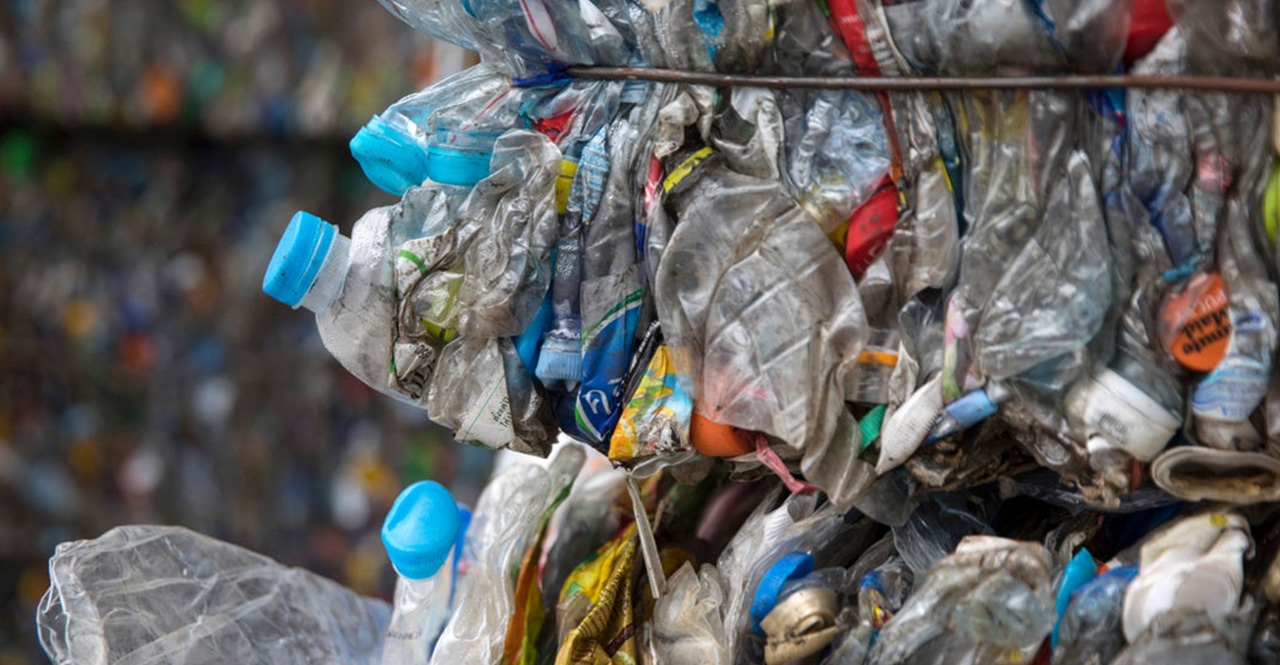Reclaim Waste Melbourne: Leading Solutions for Comprehensive Liquid Waste Removal
Reclaim Waste Melbourne: Leading Solutions for Comprehensive Liquid Waste Removal
Blog Article
Fostering Source Effectiveness and Environmental Management Via Fluid Waste Removal Programs
In the world of environmental stewardship, the monitoring of liquid waste stands as a critical time where resource performance and environmental management assemble. Fluid waste removal programs play an essential function in safeguarding our ecological communities and guaranteeing lasting development techniques. By meticulously resolving the disposal of liquid waste, sectors and communities can not only alleviate possible risks however additionally unlock chances for reusing and repurposing valuable resources. As we navigate the intricacies of waste management in a quickly progressing globe, the synergy between innovative modern technologies, strict guidelines, and forward-thinking approaches becomes progressively extremely important. Through a lens of proactive interaction and calculated insight, the landscape of fluid waste management reveals a tapestry of difficulties and opportunities that beckon us to explore the course towards a greener and more sustainable future.
Relevance of Fluid Waste Elimination
The value of fluid waste elimination depends on its important role in preserving environmental health and guarding public well-being. Liquid waste, otherwise effectively taken care of, can posture severe dangers to ecological communities, water resources, and human health and wellness. With efficient elimination procedures, harmful substances such as chemicals, toxins, and microorganisms are protected against from polluting the atmosphere and causing destructive impacts.
Proper fluid waste removal also assists in avoiding the spread of diseases and lowering the capacity for groundwater contamination. By securely disposing of fluid waste, the danger of waterborne ailments and pollution-related wellness problems is significantly lessened - Reclaim Waste liquid waste removal. Additionally, efficient removal practices add to preserving the total cleanliness and aesthetics of neighborhoods, therefore improving the lifestyle for locals
In addition, liquid waste removal plays an essential duty in supporting lasting growth and guaranteeing conformity with ecological regulations. By adhering to appropriate waste monitoring sectors, protocols and companies can reduce their environmental footprint and demonstrate business obligation. Inevitably, purchasing durable fluid waste elimination programs is essential for promoting environmental stewardship and cultivating a much healthier, safer future for all.

Benefits of Effective Disposal
Efficient disposal of fluid waste not just safeguards environmental health and public well-being but additionally generates various benefits that expand past instant containment actions. Via processes like recycling and power healing, valuable sources can be drawn out from liquid waste, advertising sustainability and minimizing the stress on raw materials. Generally, the benefits of reliable fluid waste disposal are multifaceted, incorporating ecological protection, source performance, and financial benefits.
Technologies for Waste Therapy
Making use of innovative innovations for waste treatment plays an important role in guaranteeing the effective monitoring and risk-free disposal of liquid waste. Among the vital modern technologies utilized in liquid waste therapy is biological treatment. This approach uses microorganisms to damage down natural matter in the waste, transforming it into safe by-products. Another usual innovation is chemical therapy, where chemicals are contributed to the waste to counteract dangerous elements or speed up pollutants for elimination. Physical therapy techniques, such as purification and sedimentation, are likewise widely utilized to separate solids from liquid waste.
Furthermore, thermal therapy approaches such as incineration can be used for the full destruction of hazardous elements in fluid waste. Generally, the assimilation of varied therapy modern technologies ensures extensive and environmentally pleasant management of liquid waste.
Duty of Regulations and Conformity
In the realm of fluid waste management, adherence to regulatory frameworks and conformity criteria is extremely important for safeguarding environmental health and wellness and sustainability. Rules play an important role in regulating the proper handling, treatment, and disposal of fluid waste to avoid damage to ecological communities and human health. By establishing clear standards and requirements, governing bodies ensure that organizations and people associated with fluid waste monitoring operate in an ecologically responsible way.
Compliance with these policies is not just a lawful need but also an ethical responsibility to safeguard the environment for present and future generations. It entails applying finest practices in waste collection, disposal, treatment, and transportation to decrease environmental influence and advertise resource efficiency. Non-compliance can cause fines, legal action, and reputational damages for organizations, highlighting the importance of maintaining regulatory requirements.

Future Trends in Waste Management

Another key fad in waste management is the fostering of innovative information analytics and expert system to enhance waste collection routes, enhance sorting processes, and improve check out this site overall functional effectiveness. These technologies make it possible for waste administration firms to make data-driven decisions, causing set you back savings and ecological benefits.
Additionally, there is an expanding focus on the development of decentralized waste administration systems, such as onsite treatment centers and mobile waste processing units. These systems provide versatility and scalability, allowing for a lot more efficient waste handling in varied settings.
Verdict
In final thought, fostering resource efficiency and environmental protection through liquid waste removal programs is critical official source for sustainable advancement. Effective disposal approaches, advanced innovations for waste treatment, and stringent policies play crucial duties in minimizing ecological influence. Looking ahead, continual innovation and enhancement in waste administration techniques will be crucial for resolving the expanding obstacles of fluid waste disposal.
In the realm of environmental stewardship, the management of liquid waste stands as a critical time where source performance and environmental security converge (Industrial waste water treatment).Making use of innovative innovations for waste therapy plays an important function in making certain the reliable administration and safe disposal of liquid waste.In the world of liquid waste administration, adherence to regulatory structures and compliance requirements is paramount for safeguarding environmental wellness and sustainability.In verdict, cultivating site web resource performance and ecological defense through fluid waste elimination programs is vital for lasting development. Looking in advance, continuous innovation and improvement in waste monitoring practices will certainly be crucial for addressing the growing obstacles of liquid waste disposal
Report this page